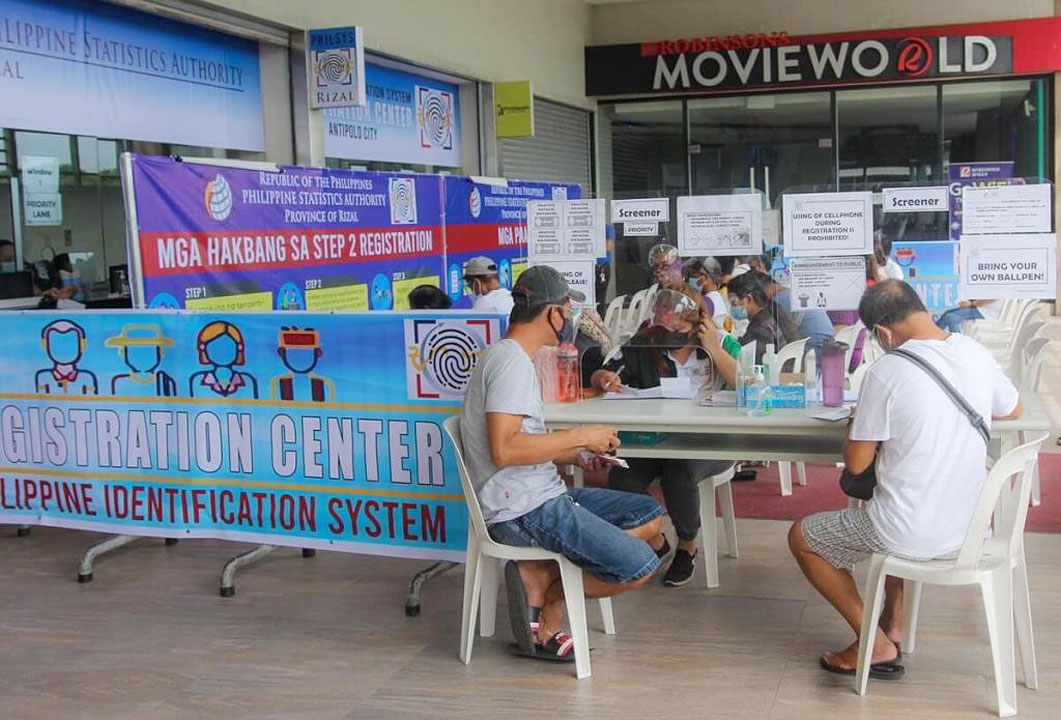Balisacan sees National ID target of 92 million achieved by end of 2022

THE National Identification System will meet its target of 92 million registered by the end of the year, incoming Socioeconomic Planning Secretary Arsenio M. Balisacan said.
The ID target is a component of a broader digitalization effort that hopes to facilitate the accelerated distribution of aid to the poor and vulnerable, he said.
In an interview with CNN Philippines on Tuesday, Mr. Balisacan said: “The rapid increase in prices (is) already here, and are likely to get worse before it gets better… We must protect the poorest and vulnerable groups of our society.”
He was conveying the instructions of President-elect Ferdinand R. Marcos, Jr., adding that ramping up digitalization effort would lead to more efficient targeting of the poor and reduce leakage of funds to undeserving recipients.
He clarified that the effort to reach the poor will encompass rural areas as well as urban.
“I understand we have a registry already (for) small farmers, and we have also a registry involving the poor that is with the Department of Social Welfare and Development (DSWD). All we need to do is to (link their ID) with the banks, so that they can access these ayuda (cash aid) without the need for intermediaries,” which Mr. Balisacan identified as a major source of leakage.
He was referring to the farmers eligible to receive subsidies and other forms of support under the Rice Tariffication Law, and families targeted by the DSWD’s Pantawid Pamilyang Pilipino Program (4Ps), whose beneficiaries can receive cash aid if they meet qualifying criteria like keeping children in school and submitting to periodic health checks.
Mr. Balisacan said the 92 million target covers those holding a physical ID as well as those issued an electronic one, with an initial focus on farmers and the poor.
“That’s our target. We’ll still confirm the logistics with the agencies concerned,” he said. “The printing is with the Bangko Sentral (ng Pilipinas), the generation of the e-ID is with the Philippine Statistics Agency. We just need to coordinate these agencies.”
Mr. Balisacan noted that social aid distributed during the pandemic was costly in the absence of the means to identify priority groups in most need of the aid.
“Everybody was given ayuda, whether you are living in luxury villages, in gated subdivisions, or not, and I do think that is an unnecessary use of limited resources.”
The Philippine National Identification System aims to make access to social services, including health, education, and government, easier and more efficient by providing a valid ID accepted nationwide.
As of June 1, the PSA’s 92 million target was 72.9% achieved in terms of those who have completed biometrics capture. Some 13.74 million IDs have been dispatched as of June 3, according to the PSA’s Philippine Identification System’s dashboard. — Tobias Jared Tomas



